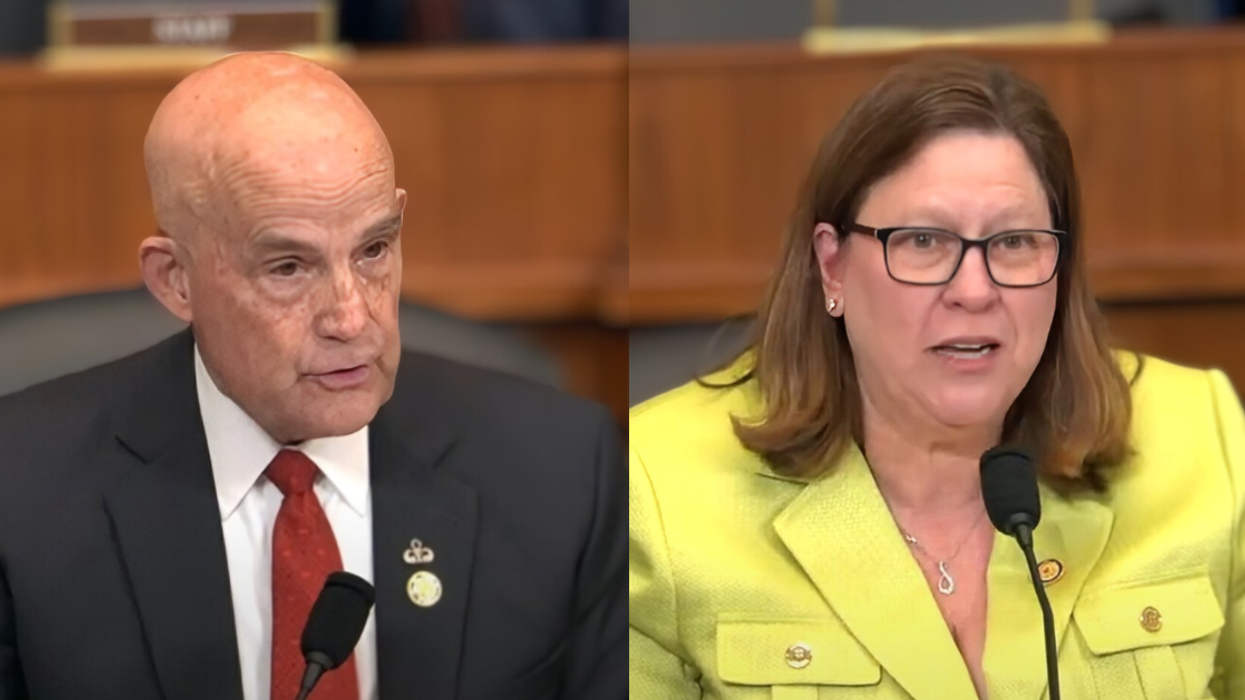Well it appears that there's a new trend that our digital culture hath wrought: "ghosting" on jobs.
That is, just up and leaving a job without a trace, as if it were a Tinder date, according to a recent article in The Washington Post. The article cites the Beige Book, the Federal Reserve Bank's monthly tracking of employment trends, which stated earlier this month:
"A number of contacts said that they had been 'ghosted,' a situation in which a worker stops coming to work without notice and then is impossible to contact."
And employers are reporting the same thing happening with job interviews, with some saying about 20-50% of their interviewees just never even show up.
The reason for these trends? Well no one is exactly sure, but the most likely culprit seems to be the wildly open job market. The Post reports that job openings have surpassed job seekers for the past eight consecutive months, and the unemployment rate has been at a 49-year low for four. As Michael Hicks, a labor economist at Ball State University put it:
"Why hassle with a boss and a bunch of out-processing, when literally everyone has been hiring?"
But that didn't stop one reporter, The Washington Post's David Fahrenthold, from citing the usual bugaboo, especially when it comes to millennials: "weak social skills."
And that didn't go over well on Twitter at all, for reasons not least of which is that none of the articles make such a claim, nor do the data support it.
More to the point, as many pointed on out on Twitter, employees seem to feel they're just showing their employers the same respect their employers show them. After all, nearly everyone who's been in the working world long enough eventually has the experience of giving two weeks' or more notice to an employer in good faith, only to be treated like a criminal for the remainder of their tenure--or escorted out the door by security on the spot.
And that's before you even factor in issues like wage stagnation, which only just recently began turning around after nearly a decade. What do employees really owe their employers in this day and age?
Or, as Melissa and Johnathan Nightingale, co-authors of "How F*cked Up Is Your Management?: An uncomfortable conversation about modern leadership" simply put it:
"Employees leave jobs that suck. Jobs where they're abused. Jobs where they don't care about the work. And the less engaged they are, the less need they feel to give their bosses any warning."
Taken all together, the dragging of Fahrenthold and America's employers reached a fever pitch:
Sounds like maybe it's the employers who need to re-evaluate their "social skills."
















